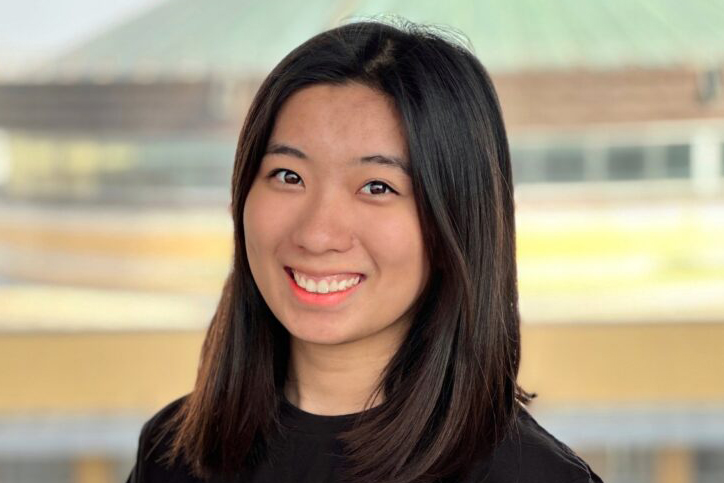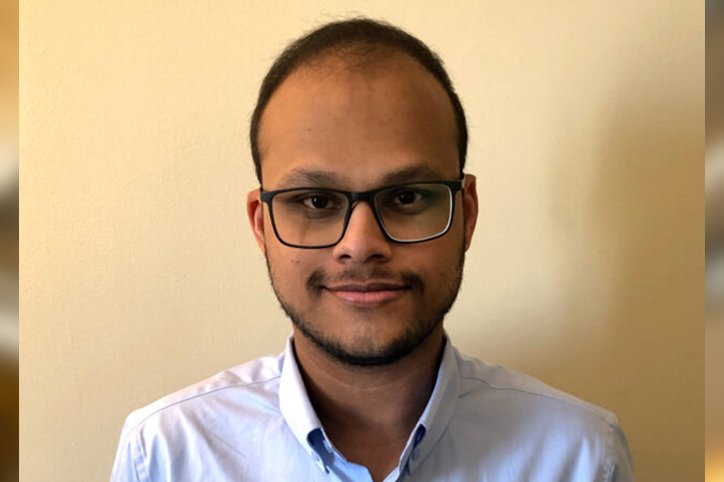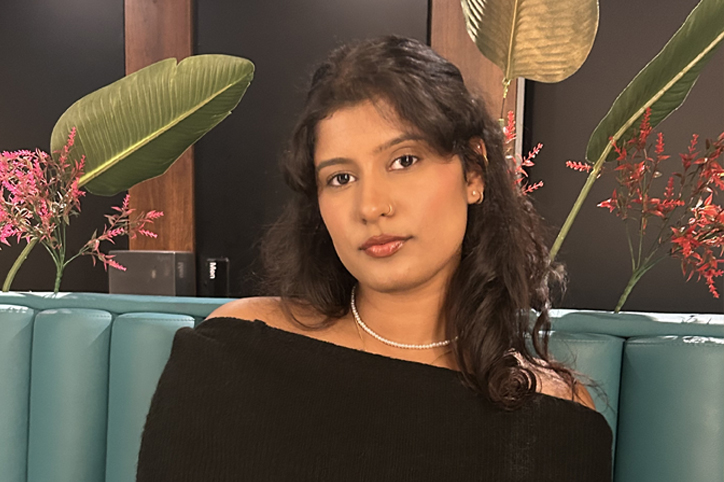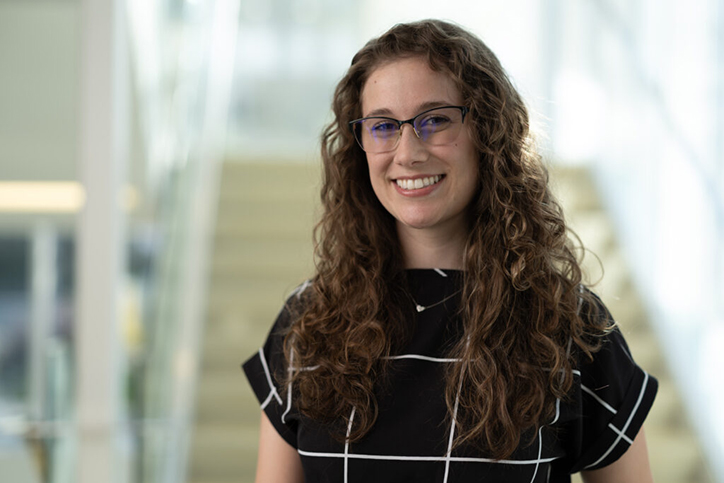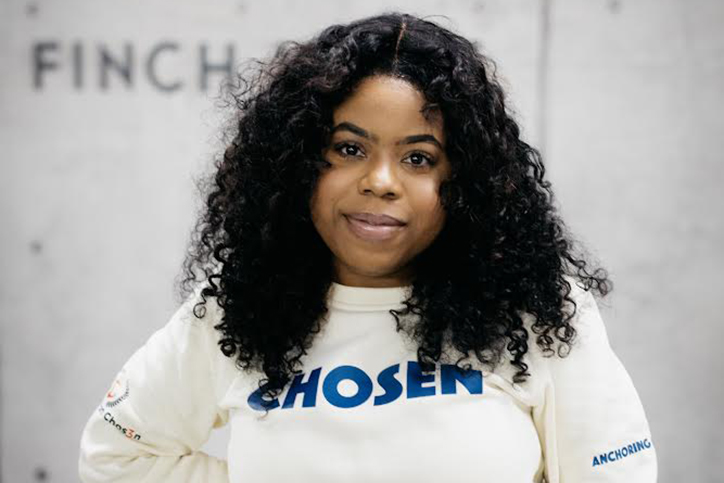Students-as-partners (SaP) is a framework and theory that emphasizes the value of partnership and collaboration for achieving goals related to quality education. These partnerships emphasize and work to support a more accessible and equitable teaching & learning environment. Ideally, SaP challenges existing structures and hierarchies to “create liminal spaces within which power and exclusion can be deconstructed, critiqued, and potentially redressed” (Dollinger & Mercer-Mapstone, 2019, p. 79).
Engaging students in the role of a partner is also an important step towards reducing inequality with a focus on social justice and inclusion. Bovill (2017) notes that this work “emphasizes the importance of inclusion as a principle underpinning practice” (p. 1) while highlighting that SaP underscores values of respect, responsibility, and reciprocity - key values for any action, initiative, and partnership in higher education. The Teaching Commons currently works with undergraduate students in curricular and co-curricular models to embed student lived experiences into our work supporting teaching and learning at York.
-
Student-Created Resources
Our Student Consultants on Learning & Teaching co-authored a blog post on Mastering eClass: Insider Tips by Students for Student Success. Read more here. A French version is also available. Read the French version here.
Our Student Consultants also engaged in a research project to collect a variety of student perspectives on learning and teaching at York. With support from students in graphic design and translation, our latest student-created resource, Student Perspectives on Engaged Teaching at York, is now available. Explore the resource here. A French version is also available. Explore the French version here.

Faculty of Education Placement
Annually we welcome students from the Faculty of Education for a year-long placement with the Teaching Commons. These students bring a unique lens to educational development as they bring their lived experiences as students and growing expertise in K-12 education.
Our 2022-23 cohort worked in partnership with the Teaching Commons to co-design the basis of the Student Consultant on Learning and Teaching role described above. You can learn more about their work on our Teaching Commons Blog and YFile story. Our earlier cohort explored how to share their perspectives on facilitating inclusive learning experiences, culminating in a final poster presentation.
EDST 4999 Practicum
Annually we welcome students from EDST 4999 (Experience, Inquire, Contribute II (EIC): Inquiry Project) for a semester-long practicum with the Teaching Commons. Each year the Teaching Commons defines an area of inquiry and EDST 4999 students offer a unique student perspective on a topic or issue in Higher Education.
We look forward to working with a new cohort in Winter 2024 to respond to emerging pedagogical needs regarding generative AI. During this practicum, we aim to develop OER/CC-licensed resources and engage in constructive faculty development conversations that offer educators an opportunity to explore generative AI from the student perspective. By foregrounding student voices and experiences, we aim to deepen instructor understanding of the potentials and limits of these tools, how students may already be using them, and where learners would like more opportunities to explore the potential of this technology.
In Winter 2023, the EDST 4999 students developed the content and interface of an interactive book about equity, decolonization, diversity, inclusion, and accessibility (EDDIA), using universal design for learning as a framework for implementing EDDIA. This resource encourages educators to reflect on how to enhance student learning by including principles EDDIA within the classroom.

